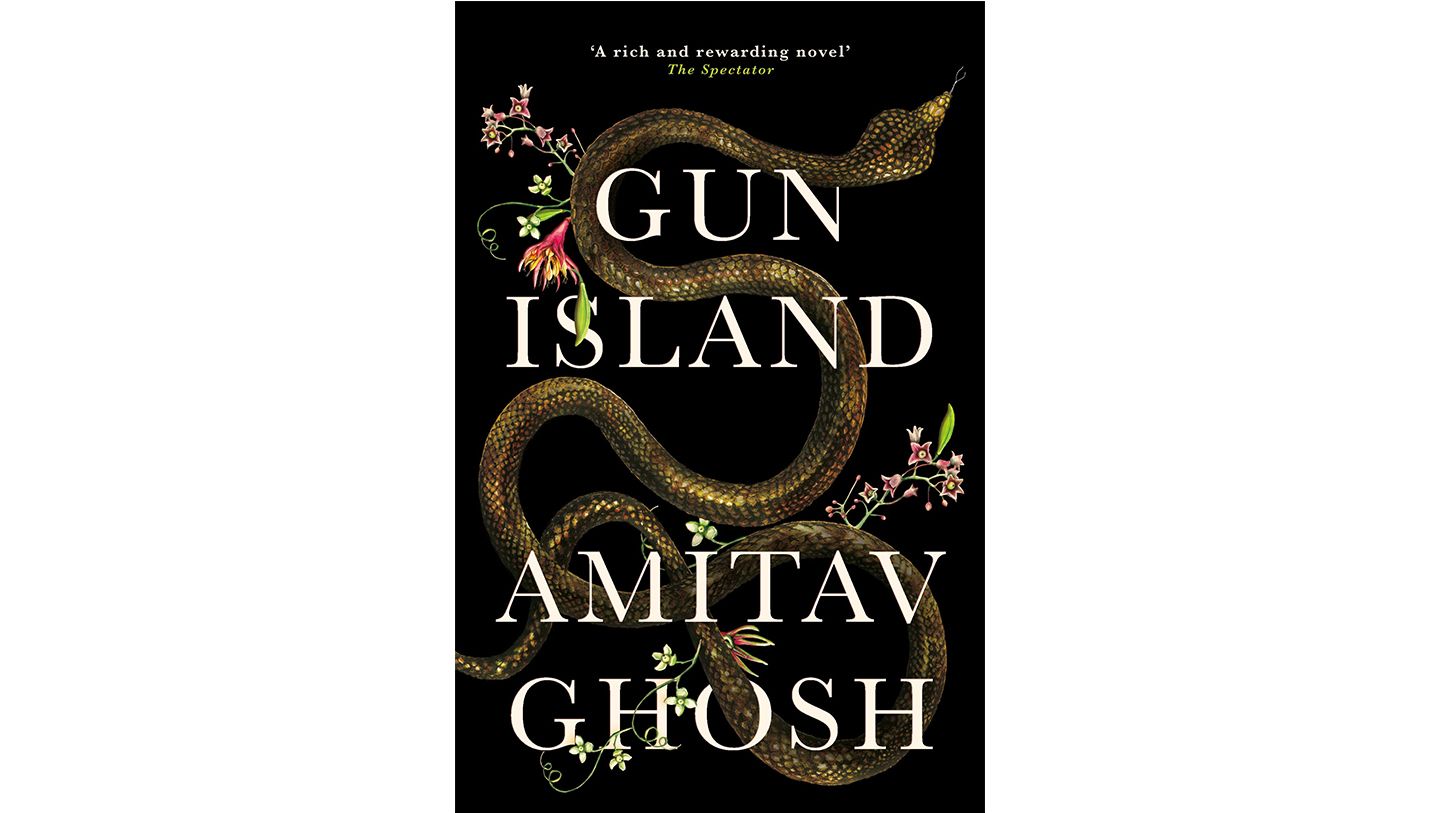Global North and Global South Meet on Gun Island

Uncanny. It’s an adjective describing something mysterious, strange, supernatural. Amitav Ghosh, author of Gun Island and a nonfiction work called The Great Derangement, believes, instead, it describes an aspect of the natural world we have turned away from in our modern lives. That is why he feels the uncanny can be a vital element in storytelling about climate change. In an interview about Gun Island, he says:
“I think we are living in a reality that is, in itself, fundamentally uncanny. I think it’s impossible. I mean by the time I finished writing The Great Derangement, there were two or three things that were clear to me about the only ways we can write about today’s world. They cannot be these individual stories of adventure. That they cannot be local. And they have to confront the aspect of the uncanny in a literary sense really. That is our great resource, the uncanny, which somehow has come down to us even through the 19th century.”

Gun Island falls into the genre of magical realism, using the myth of a Bengali man, called the Gun Merchant, who angered the goddess of snakes, Manasa Devi, because he refused to be her devotee. The present-day protagonist Deen, a Bengali rare book dealer living in Brooklyn, stumbles into the eerie mystery of this myth, and it challenges his rational view of the world. The author takes us from the mangrove forest of the Sundarbans, a delta in the Bay of Bengal and one of the places most threatened by sea level rise, to Venice, also under threat. As Deen unravels the historical meaning behind the myth, the uncanny occurrences that befall him help him realize it is not the goddess who is the menace, chasing the Gun Merchant through his travels across the world. To the contrary, humans are really the menace, failing to honor the natural world and ultimately bringing disaster upon themselves through the climate crisis.

I wanted to review this book after watching a New York Times climate event on September 20, 2022, about the ways that climate change exacerbates other global challenges. There is a huge divide between the Global North and the Global South, with the industrialized North creating the majority of the emissions and the South receiving most of the impacts without funds to recover from its catastrophic onslaught or to finance sustainable development. The event featured many activists from the Global South, including Txai Suruí a 25-year-old indigenous activist from the Brazilian Amazon, Tina Stege the Climate Envoy from the Republic of the Marshall Islands, and the South African Climate Activist Ayakha Melithafa. I encourage you to watch it to hear their voices, but we also need to support storytellers from those parts of the world. Amitav Ghosh is one such storyteller. His Gun Island is important, giving us a view of the destructive impacts already reaching the Global South as well as a taste of the uncanny.
That quality of nature, the uncanny—I have felt its presence several times: backpacking solo in the wilderness, or walking a night trail with my son when he was young, or listening to the howl of a coyote in my tipi on full moon nights. The uncanny is both thrilling and spooky, a sense that something is there, something you cannot see but it prickles the back of the neck, your breath quickening. In our cities and suburbs, safe in our houses and cars, we cannot feel this, but indigenous peoples have always known the uncanny. They have honored it with ceremony and legends. We need their stories to deepen our understanding of what we are losing in our race toward destruction. It will help in ways we may not realize, waking us, giving us the will to turn this all around.





Member discussion